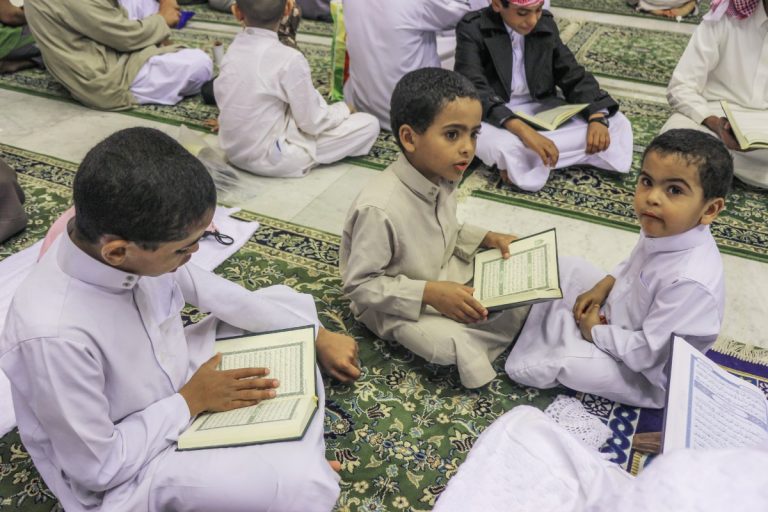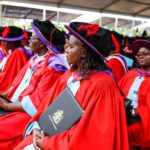
In a country where half the population is under the age of 25, education policies and literacy goals are paramount for societal and economic progress.
That in mind, the Saudi Arabian government has set the goal of totally eradicating illiteracy in the kingdom by 2024.
The government has granted a hefty SR192 billion (US$51 billion) to the education sector in 2018 as part of Vision 2030; the government’s ambitious program to reduce economic dependency on oil sales by 2030.
Vision 2030: Saudi Arabia shifts from oil to higher education. The kingdom plans to diversify its economy and create dynamic job opportunities through its commitments to education, entrepreneurship and innovation. https://t.co/886JYDwX3W#highered pic.twitter.com/jG71XvyeGC
— QS Quacquarelli Symonds (@QSCorporate) December 19, 2017
According to Business Insider, fluctuating oil prices and the price crash in 2015 have disrupted the unwritten social contract between the Saudi government and its people, and brought about a change in political order in the one-product economy.
The government is now working to diversify the economy by removing its over-reliance on unpredictable oil revenues.
Through improving education and increasing literacy rates, the government hopes to create a more stable knowledge-based economy, reported Saudi Gazette.
Since launching the Adult Education and Literacy System in 1972, and the General Secretariat for Adult Education and Literacy in 1977, the country has seen illiteracy rates fall from 60 percent in 1972 to 5.6 percent in 2018, the paper wrote.
"#Saudi Arabia has achieved great strides in adult #education and #literacy programs over the years, and plans to eradicate illiteracy by 2024."
– @aleissaahmed pic.twitter.com/culOKxKAc8— CIC Saudi Arabia (@CICSaudi) January 11, 2018
In a separate report, it said the government gave 31 percent of the budget to women’s colleges as part of their commitment to women empowerment.
Students in Saudi Arabia will also take part in the Program for International Student Assessment (PISA) for the first time.
The test is issued every three years by the Organization for Economic Cooperation and Development (OECD) to 15-year-olds all over the world to compare reading, maths and science comprehension in different countries.
The Saudi government reportedly hopes that through continued investment in education and progressive goals, the country will have higher literacy rates by 2024, allowing six years for the improved knowledge to diversify the economy.
Liked this? Then you’ll love…
Public schools in Saudi Arabia to finally offer PE to girls
‘Trump Effect or Oil Armageddon’: why are fewer foreign students choosing to study in the US?







